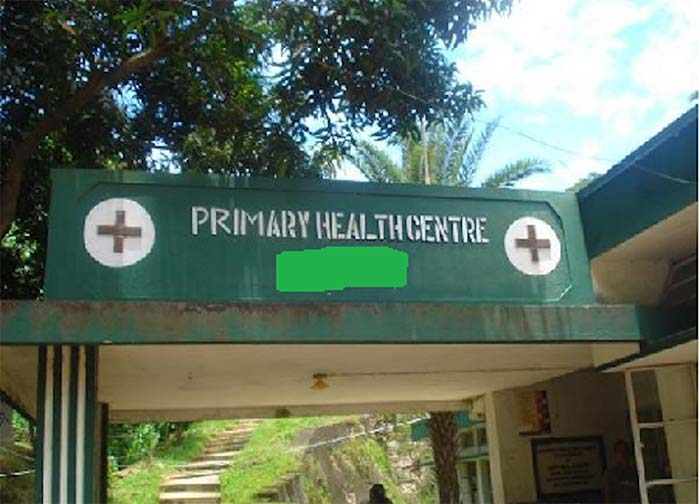Nigeria’s health sector is in dire need of revival. The government has chronically underfunded healthcare, failing to meet its Abuja Declaration pledge to allocate 15 percent of the federal budget toward health.
It is instructive to note that two decades ago, leaders of African Union (AU) countries convened at a summit to confront the challenges posed by the Human Immunodeficiency Virus and Acquired Immune Deficiency Syndrome (HIV/AIDS), tuberculosis, malaria and other prevalent diseases in the region.
On April 27, 2001, numerous commitments, including Nigeria’s 15 percent budget pledge, were made to enhance resources and uplift healthcare throughout Africa.
A recent report by the non-profits of PACFaH@Scale analysed the budgets of Nigeria’s Federal Ministry of Health and its agencies from 2001 to 2021. It reveals that Nigeria failed to fulfil its commitment, often falling significantly short, sometimes reaching only a third of the pledged target.
This neglect has undoubtedly left the health system severely dilapidated.
Recall that in the last administration, the minister of state for health Olorunnimbe Mamora disclosed that less than one-third of the 30,000 primary healthcare centres in the country are functioning optimally.
The consequences are clear: Nigerians spend up to $2 billion annually seeking medical treatment abroad while contending with high rates of preventable diseases at home.
However, a glimmer of hope emerged this week when President Bola Tinubu took meaningful steps to renew attention and resources devoted to healthcare.
On Universal Health Coverage Day, the administration unveiled plans for massive investments in health infrastructure, equipment, commodities and insurance over the next few years. This includes a pledge to double the number of fully operational primary care centres nationwide. The government also aims to enhance affordable access to essential care by redesigning the Basic Healthcare Provision Fund to better serve vulnerable populations, as per the National Health Act.
RELATED: Minister Blames Health Sector Woes On Poor Funding, Brain Drain
This newspaper believes such policy actions are long overdue but nonetheless welcome.
With health finally restored “to the front burner,” the Tinubu presidency has the opportunity to implement reforms that make quality health care a reality for all Nigerians, rather than just a talking point for politicians.
The administration should be lauded for setting ambitious targets, including billions in additional health spending and transparent reporting mechanisms to enhance accountability.
However, grand visions alone will not suffice. Alongside adequately funding healthcare, the government must address systemic bottlenecks across Nigeria’s complex health ecosystem.
There can be no tolerance for corruption diverting resources or substandard work that will leave the primary care system still lacking. Regular independent audits are imperative.
For systemic reforms to succeed, federal and state cooperation is equally vital. Health policy goals under the latest compact rightfully cut across partisan lines.
Governors must uphold their shared duty to expand insurance coverage, procure pharmaceuticals efficiently and invest in local health workforce training. Abuja cannot fulfill targets acting unilaterally.
Crucially, the private sector has an integral role to play. From funding preventative health initiatives to establishing Nigerian drug manufacturing, businesses must view healthcare’s renewal as both a social responsibility and a growth opportunity. Public-private partnerships can undoubtedly multiply the impact of public investments.
Ordinary Nigerians also have every right to demand tangible improvements after years of government failure. Citizen advocacy groups should track health budget allocations, service delivery metrics, and infrastructure project timelines to verify progress. Media reporting must highlight achievements but also expose shortfalls needing redress.
Consequently, President Tinubu has opened the door to revitalising Nigeria’s health sector after decades of neglect. But success will hinge on comprehensive and coordinated efforts from all health system stakeholders, robust financing, stringent auditing, and citizens holding leaders accountable.
With diligent implementation and oversight, a functioning health system providing quality care to all Nigerians may finally transition from lofty aspiration to reality after far too long.











